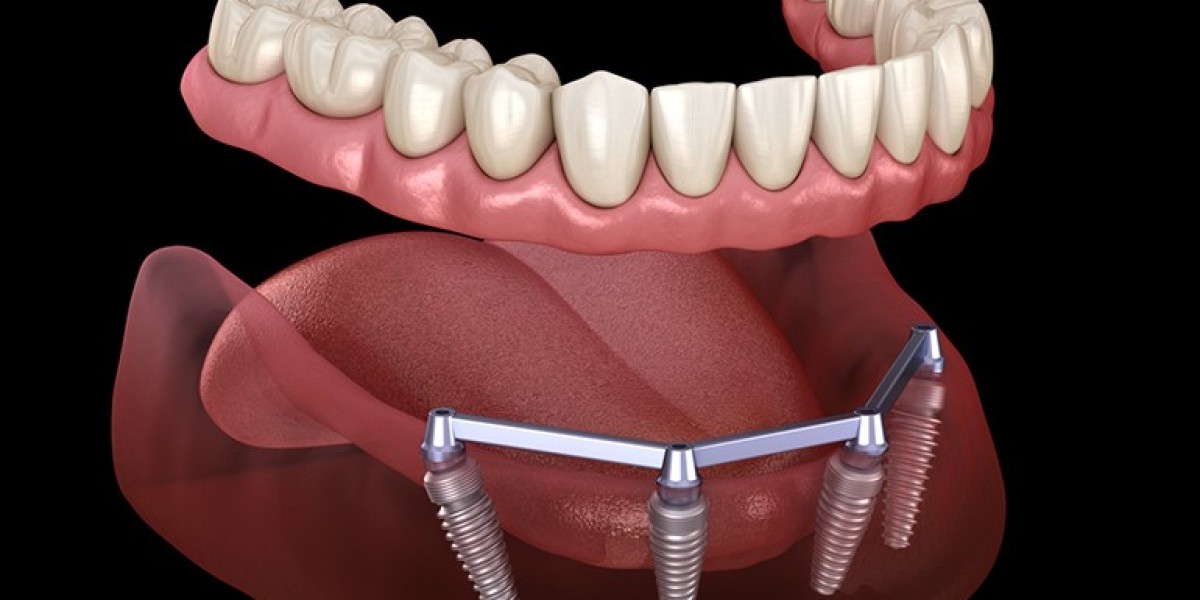When you lose a tooth, you’re not just missing what’s visible above the gum line—you’re also affecting what lies beneath it. Your jawbone depends on your teeth to stay strong and healthy. Without that stimulation, the bone can begin to weaken and shrink over time.
That’s where dental implants come in. Unlike other tooth replacement options, implants don’t just restore your smile—they also help preserve and protect your jawbone for the long term.
Here’s what you need to know about dental implant cost saudi arabia and the connection between dental implants and bone health.
Why Bone Health Matters After Tooth Loss
Your jawbone plays a crucial role in supporting your teeth and maintaining the natural shape of your face. When you chew, the roots of your teeth send signals to the bone, keeping it strong and active.
When a tooth is lost:
The bone in that area no longer receives stimulation.
Bone tissue begins to deteriorate, a process known as resorption.
Over time, this can lead to facial sagging, shifting teeth, and even difficulties with eating or speaking.
If left untreated, bone loss can make future dental treatments—like bridges or dentures—less stable and less comfortable.
How Dental Implants Protect Bone Health
Dental implants are designed to act like natural tooth roots. When placed into the jawbone, they stimulate bone growth and prevent bone loss.
Here’s how they help:
Prevent Bone Resorption
The titanium implant fuses with the bone through osseointegration, maintaining bone density and strength.Preserve Facial Structure
By supporting the jawbone, implants help prevent the “sunken” appearance that can occur with long-term tooth loss.Provide Stability and Function
Implants create a strong foundation for crowns, bridges, or dentures—allowing you to chew comfortably and maintain proper bite alignment.
What If You’ve Already Experienced Bone Loss?
If bone loss has already occurred, you may still be a candidate for implants. Your dentist may recommend one of the following treatments to rebuild the bone:
Bone Grafting: Adds bone or bone-like material to strengthen the jaw.
Sinus Lift: Raises the sinus floor to create more bone height in the upper jaw.
Zygomatic or Mini Implants: Alternatives for patients with limited bone structure.
With these advanced procedures, even patients who’ve been missing teeth for years can often enjoy the benefits of dental implants.
The Long-Term Benefits for Your Oral Health
Choosing dental implants doesn’t just restore your smile—it supports your overall oral health by:
Maintaining healthy bone and gum tissue
Preventing shifting of neighboring teeth
Preserving the natural shape of your face
Allowing better chewing and digestion
In short, implants protect your smile from the inside out.
Keeping Your Bone and Implants Healthy
To ensure your implants and jawbone stay healthy for years to come:
Brush and floss daily
Schedule regular dental checkups
Avoid smoking, which can slow healing and increase the risk of bone loss
Eat a balanced diet rich in calcium and vitamin D
Considering Dental Implants?
If you’ve lost one or more teeth, don’t wait—your bone health can change quickly after tooth loss. Dental implants offer a permanent, natural-looking solution that restores your smile and keeps your jaw strong for life.
Schedule a consultation with your dentist today to learn more about how implants can help protect your bone health and rebuild your confidence.






